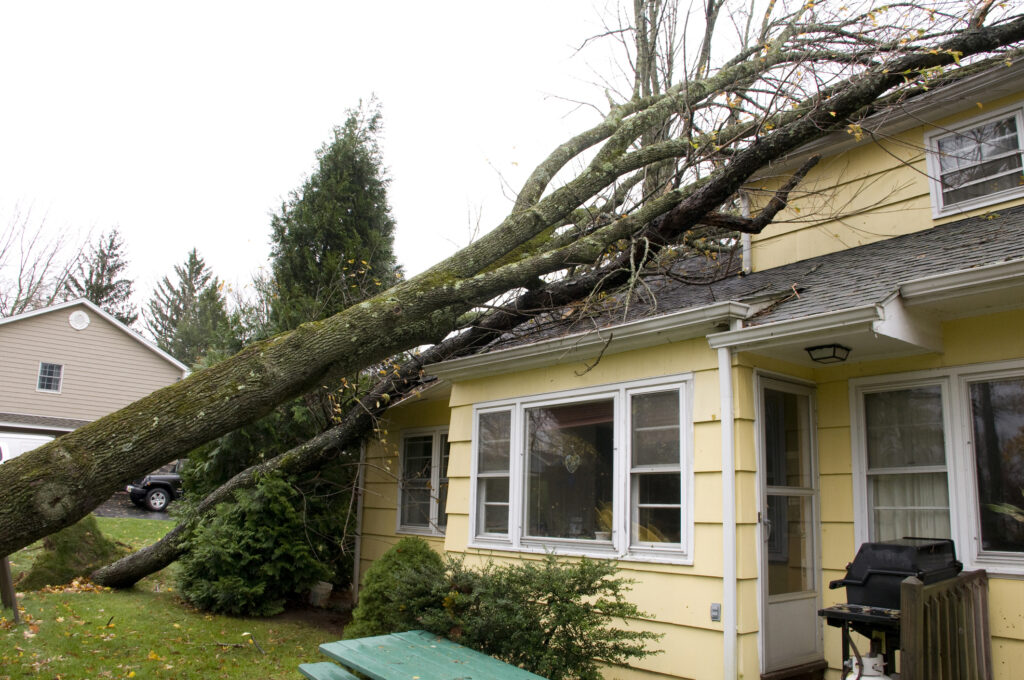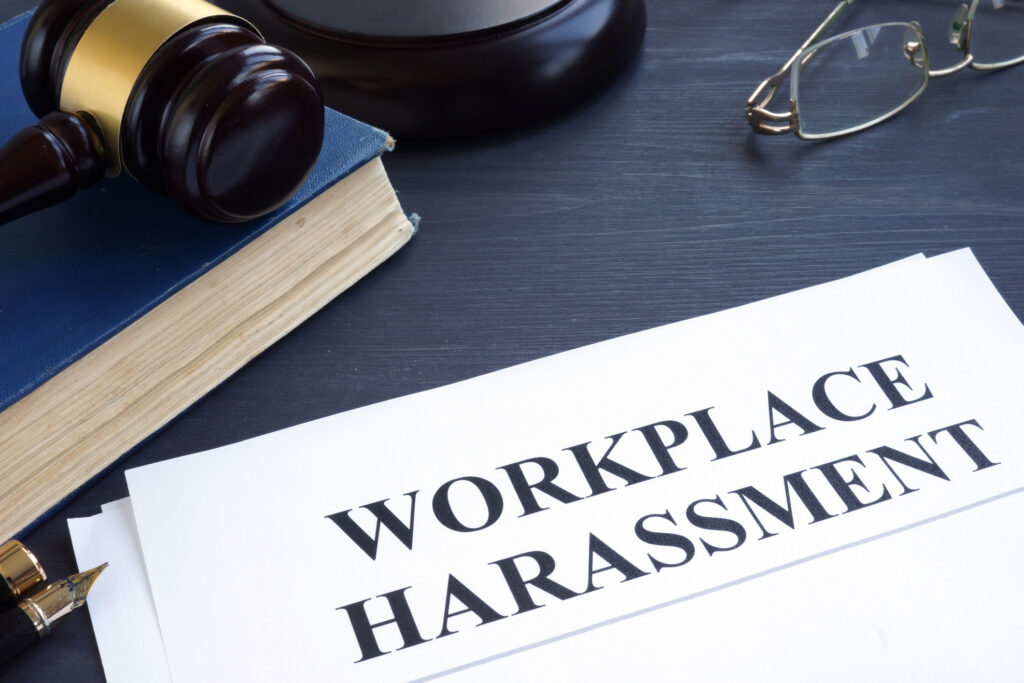Who is liable for falling trees?
Recently, I addressed a question posed by a reader who asked who is responsible for damage caused by a tree branch falling from an adjacent yard and crashing through the roof of their house, narrowly missing their child. The article addressed the answer to that question with the assumption that it was a tree owned …





